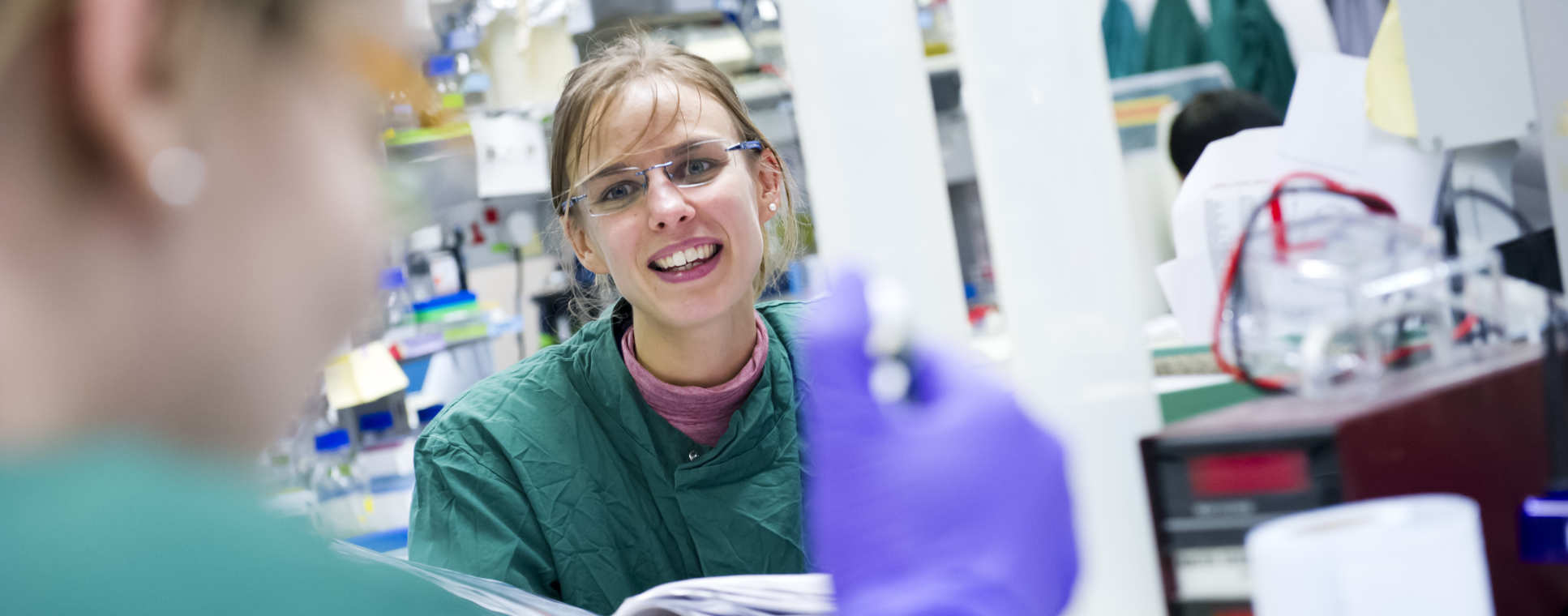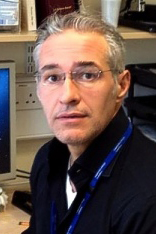Cell Signalling and Inflammation

The Centre for Cell Signalling and Inflammation (CCSI) has made important contributions to molecular medicine and its discoveries have the potential to improve the treatment of certain malignant pathologies and inflammatory diseases.
Research within the CCSI focuses on the regulation and function of NF-κB transcription factors and the development of specific and more effective treatments to therapeutically target the NF-κB signalling pathway in human disease, a challenge that to this day has seemed insurmountable. Research efforts within the CCSI have recently led to the development of a conceptually novel type of anti-cancer therapeutic, known as DTP3, which selectively targets the cell survival pathway controlled by NF-κB as a means to effectively treat patients with multiple myelomas and, potentially, other cancers in further areas of unmet medical need within oncology. The research team in the CCSI has demonstrated that DTP3 is capable of specifically killing cancer cells without toxicity to healthy tissues, the major limitation of current anti-cancer therapies. A phase I/IIa clinical trial of the drug is currently ongoing and is now open for recruitment in London.
Further interests of the CCSI laboratory include investigations into the important functions of NF-κB in inflammation and energy metabolism in various types of cancer and inflammatory and metabolic diseases as a way to better understand mechanisms of disease pathogenesis, and further exploit the NF-κB pathway therapeutically.
The research in the CCSI is supported by substantial funding from various organisations, including the MRC, Cancer Research UK, Bloodwise and the NIH, reflecting the high regard for this research by the scientific community and urgent need for new therapeutic avenues to treat cancer and other prevalent non-malignant disease.
Section leadership
 Head of Centre for Cell Signalling and Inflammation
Head of Centre for Cell Signalling and Inflammation
Professor Guido Franzoso is Head of the Centre for Cell Signalling and Inflammation and Professor and Chair of Signal transduction and Inflammation at Imperial College London. He holds a position as Honorary Consultant at Imperial College Healthcare NHS Trust. Professor Franzoso's research over 25 years into the areas of gene regulation and signal transduction has led to the discovery of a fundamentally new mechanism of pathogenesis in cancer and various inflammatory diseases.


